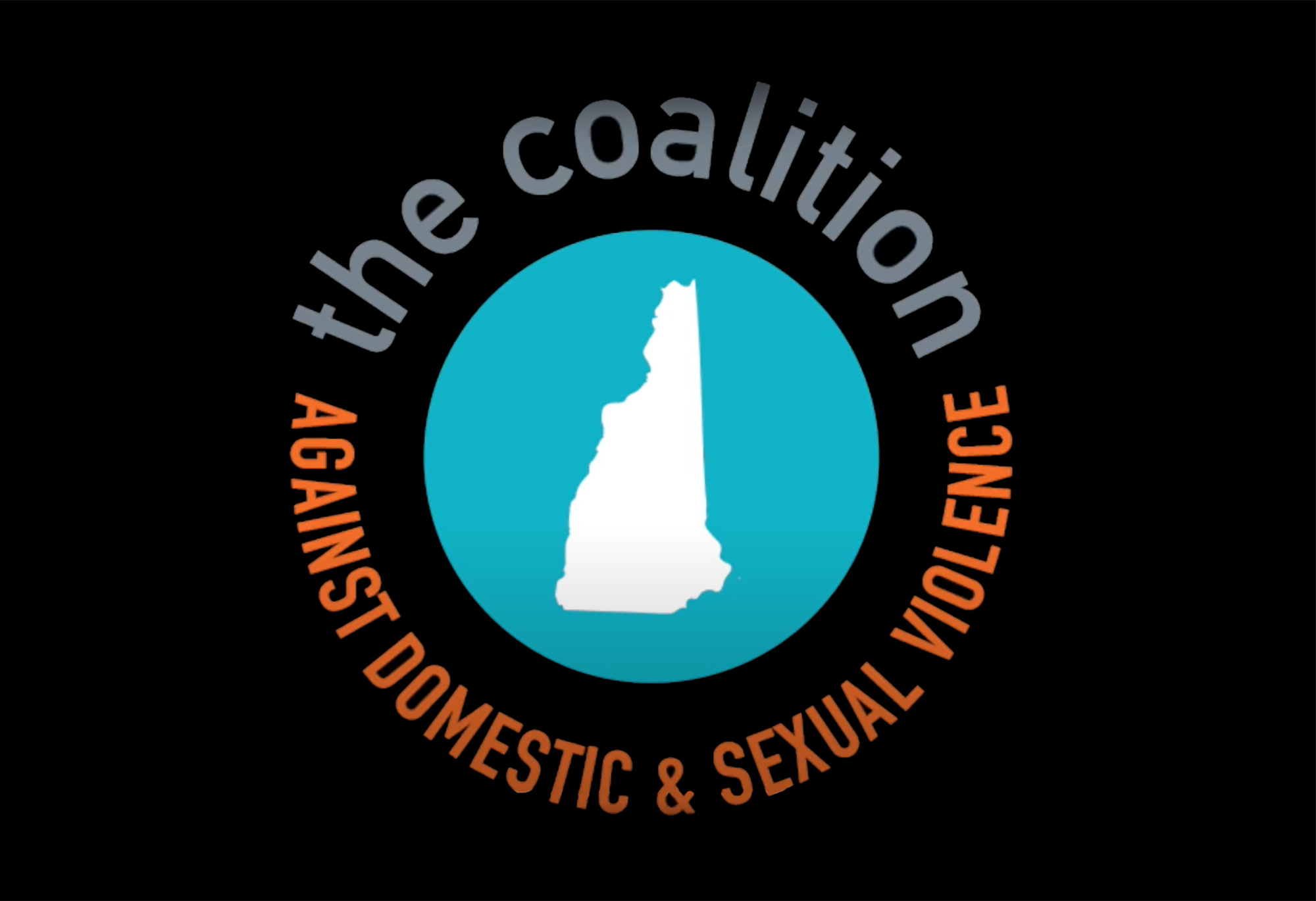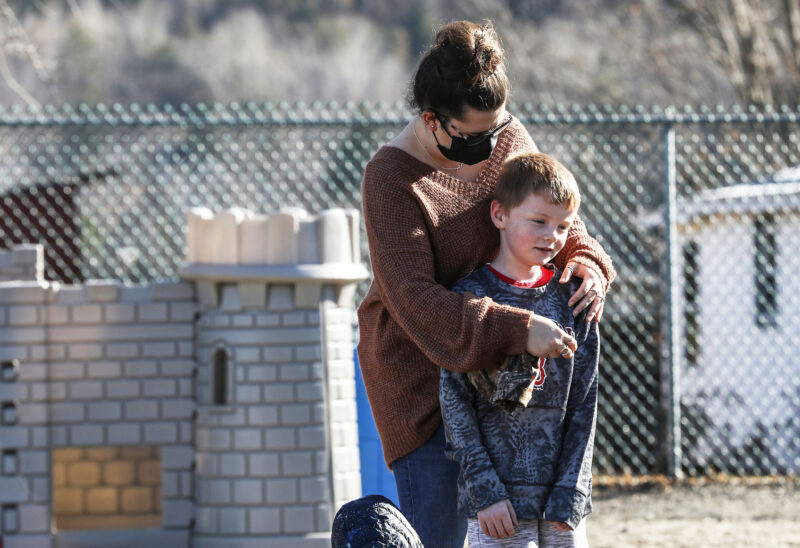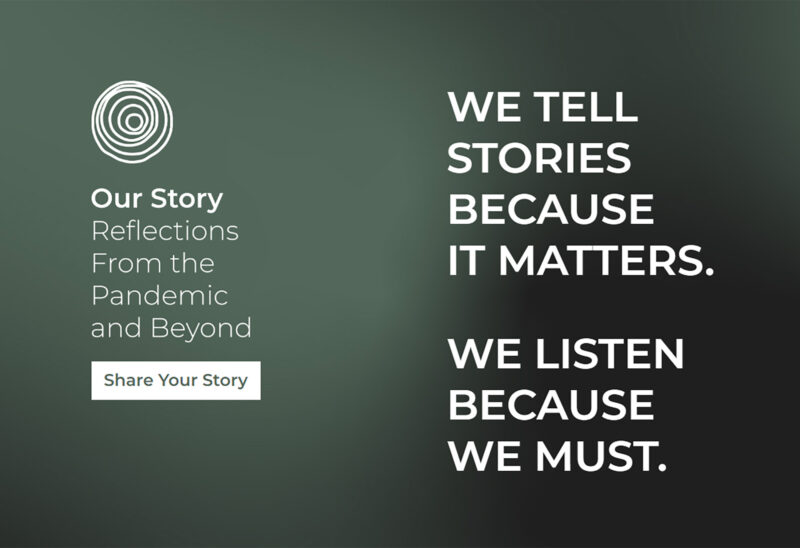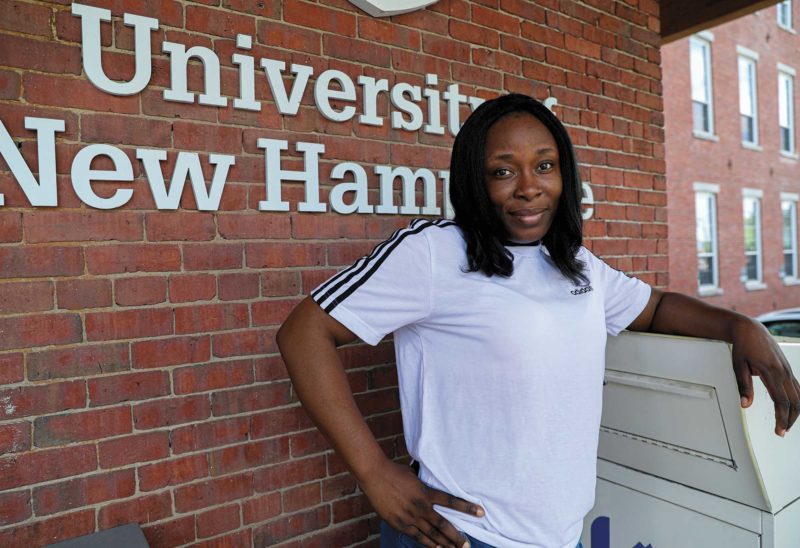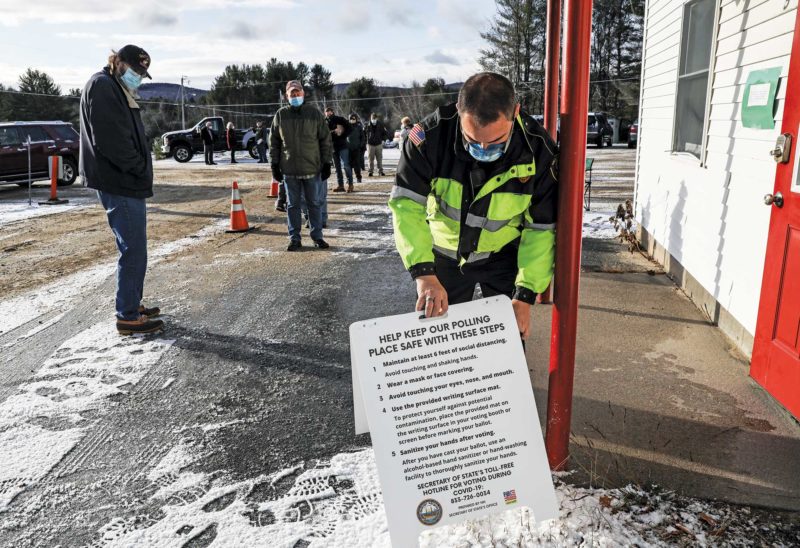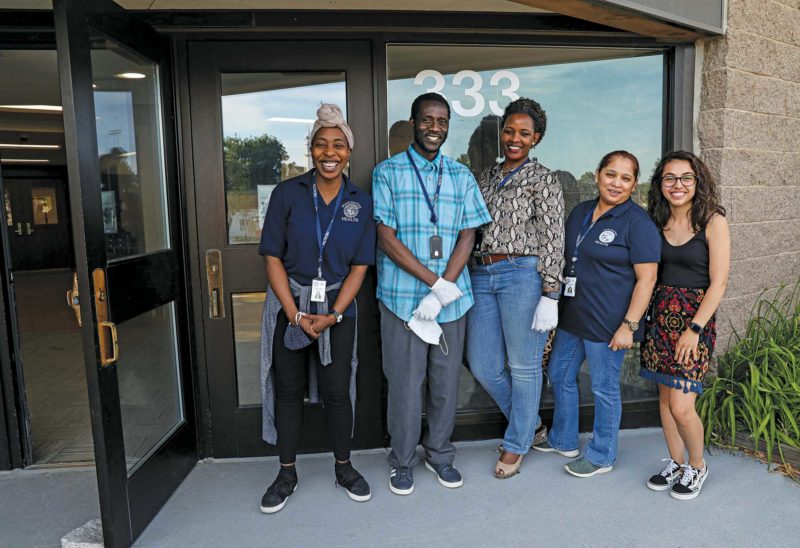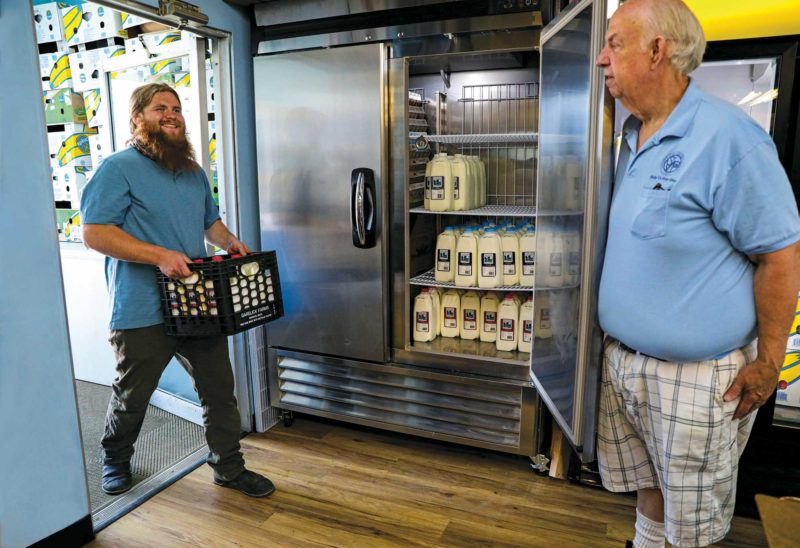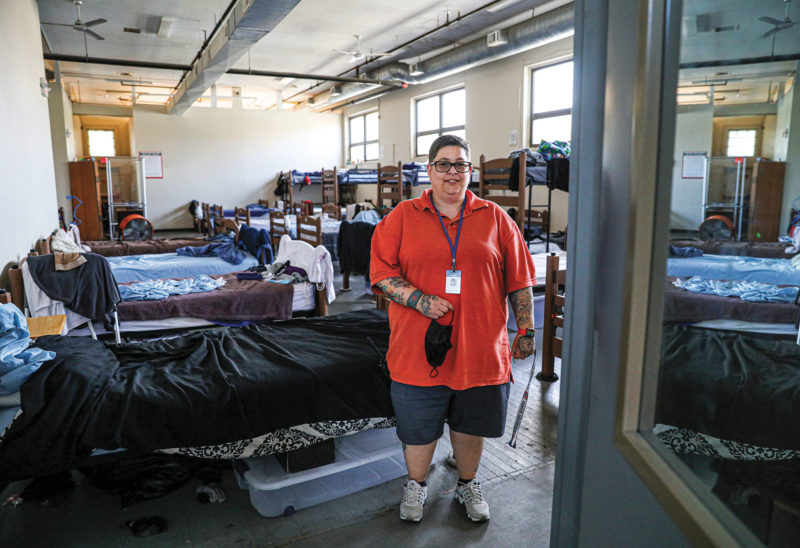When stay-at-home orders were issued for New Hampshire to slow the spread of the coronavirus, advocates for survivors of domestic and sexual violence worried about a grim side effect: An increase in domestic abuse, as people were essentially locked in with their abusers.
Their predictions, sadly, appear to have been spot-on.
Reports of domestic violence saw a dip in the first weeks of the stay-at-home order, not because violence decreased, but because reporting did. Now, that reporting trend seems to be shifting.
“The calls are starting to go up again, and a much more frightening trend is the increase in the lethality of the calls, the threats, the degree of violence,” said Lyn Schollett, executive director of the New Hampshire Coalition against Domestic and Sexual Violence. “And it is pretty much across the state. We are hearing it from programs in rural areas and programs in more urban areas.”
The Coalition and its 13 member organizations — which, together serve 15,000 people across New Hampshire every year — have taken swift action throughout the crisis, fast-tracking new technologies, working with local authorities and systems, and adapting practices to help keep people safe.
Foundation rapid-response grants from the Community Crisis Action Fund and other funds, early release of funds from multi-year grants and generous grants from donor-advised funds, have helped the Coalition and member organizations meet the moment.
Turning Points Network in Newport Serves Sullivan County.
“We’re hearing disclosures of pretty serious severe and repeated abuse, and this has increased during this pandemic,” said Executive Director Deb Mozden.
Advocates are also deeply concerned about victims of sexual assault. Children who are sexually abused are now home, for instance — and no longer interacting with teachers, coaches and other adults whom they might turn to for help, or who might recognize and report signs of abuse.
Most of the Coalition members are now using new technology — which had been in development, but was fast-tracked when the pandemic hit — that allows victims to contact crisis centers via a protected web-chat platform, so they can call for help in virtual silence, and without leaving a digital trace on a device. The technology became critical when victims and abusers were required to shelter in the same space.
“When someone cannot make phone call, they can type on a phone or computer,” Schollett said.
The New Hampshire Judicial Branch has quickly modified practices as well: Last week, courts launched a remote system through which victims can secure restraining orders protecting them from abusers.
“The multidisciplinary collaboration to make this possible was impressive,” Schollett said.
Crisis centers quickly adapted other practices to continue to operate safely during the pandemic. Additional technology was quickly updated, so they could continue to provide services remotely, and securely. Turning Points worked with courts, which were limiting the number of people allowed inside, so advocates could confer with clients via phone from the courthouse rather than accompany them in-person. They worked closely with local law enforcement to make sure that survivors continue to have access to the services and the protections they need. And they have an advocate working closely with the state’s Division of Children, Youth and Families — which has also seen a steep decline in reports of child abuse and neglect — to ensure that adults and children who endure violence in the home are supported.
“It’s really been a strong show of support and collaboration,” Mozden said.
Foundation grants to Turning Points, Mozden said, paid for everything from hotel bills for emergency shelter for survivors to attorneys’ fees for women whose abusive ex-partners were citing the pandemic as a reason for refusing to return children after visitation; from gas cards so that women living in shelters could get to work to technology upgrades so the organization could continue to securely and seamlessly provide all of its services.
Flexible grant dollars are critical, Schollett said, because there are some surprising restrictions on other kinds of funding. For instance, federal dollars can be used to turn the electricity on in a survivor’s new permanent housing. Except if she appears to have arrears on a previous bill because she and her abuser were on the same account and he was not paying. Then, Schollett said, federal funds cannot be used to pay the past due bills, leaving the survivor with no way to open a new account to get electricity.
And every little bit helps.
“Sometimes, it’s a single car payment, or money that gets her car repaired and lets her go to work which helps keep her in safe housing, which keeps her and her children safe. It may only be one $700 car repair, but it may be everything,” Schollett said.
The pandemic and the needs it exacerbated in communities and for survivors has also “brought out the best” in some folks, advocates said. In the North Country, some people who owned rental properties offered them for emergency use by victims of domestic violence who needed shelter. People have been making face masks for use in emergency shelters, dropping off groceries and gas cards and monetary donations to help keep their neighbors safe. Businesses that had signed on to sponsor Turning Points’ annual spring fundraiser — which had to be cancelled due to the pandemic — left their sponsorships intact, even though the event did not go on.
The state established an emergency relief fund in April to help crisis centers meet the needs of survivors.
But the state’s network of emergency shelters for victims of domestic and sexual violence did not have the capacity to meet the need in New Hampshire before the crisis hit, Schollett said. Between October of 2018 and September of 2019, she said, 1,185 adults and 579 children had to be turned away for lack of shelter space. Advocates work with survivors to establish alternate safety plans, but, Schollett said, “The needs are enormous, and the needs were enormous before we had a crisis.
“What we all are anticipating is that when we start moving around in the world and when people can start accessing more help again, those needs will skyrocket. We already weren’t able to meet all the needs — and this is going to radically exacerbate that.”
If you or a friend or loved one are experiencing domestic or sexual violence, go to nhcadsv.org to get help now, or call a confidential, 24/7 statewide helpline: 1-866-644-3574 (domestic violence); 1-800-277-5557 (sexual assault).
Nonprofits across the state need help more than ever. Click here to donate to the New Hampshire Coalition Against Domestic and Sexual Violence. Click here for a full list of member organizations that provide emergency shelter, advocacy and other services to victims of domestic and sexual violence across the state.

